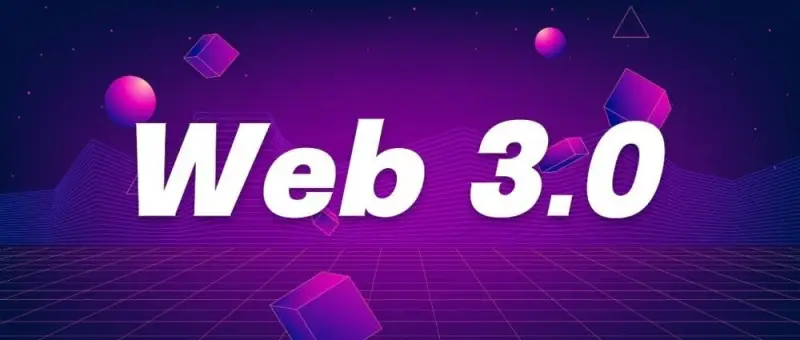
Encyclopedias have long been revered as invaluable repositories of knowledge, offering readers a comprehensive overview of various subjects from a multidimensional lens. In this exploration, we delve into the essence of encyclopedias, with a particular focus on the renowned "Encyclopedia Britannica" - a stalwart in the realm of reference literature.
An encyclopedia, derived from the Greek word "enkyklios paideia" meaning "all-round education," is a compendium of information organized in a systematic manner. It serves as a reservoir of facts, explanations, and insights encompassing diverse domains such as history, science, art, culture, and more. Encyclopedias aim to provide readers with a holistic understanding of the world around them, acting as a bridge between curiosity and knowledge.
Among the myriad encyclopedias available, "Encyclopedia Britannica" stands as a beacon of erudition and reliability. First published in Edinburgh, Scotland in 1768, it has since evolved into a globally recognized authority on a vast array of topics. With contributions from experts in various fields, the Encyclopedia Britannica offers in-depth articles, multimedia resources, and citations to aid readers in their quest for knowledge.
Over the years, encyclopedias have adapted to the changing landscape of information dissemination. While traditional printed encyclopedias like Encyclopedia Britannica remain revered for their depth and authority, the digital age has brought about a paradigm shift in how encyclopedic knowledge is accessed and consumed. Online encyclopedias, such as Wikipedia, have democratized information, allowing for real-time updates and a more collaborative approach to knowledge creation.
Encyclopedias serve a multifaceted purpose in today's information-driven society. They act as educational tools for students, scholars, and enthusiasts, offering a curated narrative of human achievements and discoveries. Encyclopedias also aid in fact-checking, research, and fostering critical thinking skills by presenting diverse viewpoints on complex issues. Moreover, encyclopedias play a crucial role in preserving and disseminating cultural heritage and historical perspectives.
In conclusion, encyclopedias like the venerable Encyclopedia Britannica embody the essence of knowledge preservation and dissemination. They stand as testaments to humanity's quest for understanding and serve as beacons of enlightenment in an ever-changing world. Whether in print or digital form, encyclopedias continue to inspire curiosity, spark intellectual discourse, and illuminate the path to enlightenment for generations to come.